Stories of Survival | Holocaust Remembrance Day
Eighty-one years ago, six million Jews were murdered by the Nazis, and ever since then, the world has said, “Never Forget. Never Again.” – That is why The Associated, through the Baltimore Jewish Council (BJC), offers a Speakers Bureau to schools and organizations where survivors and their descendants share their stories.
Here are some of these stories.
Felicia Graber, First-Generation Holocaust Survivor
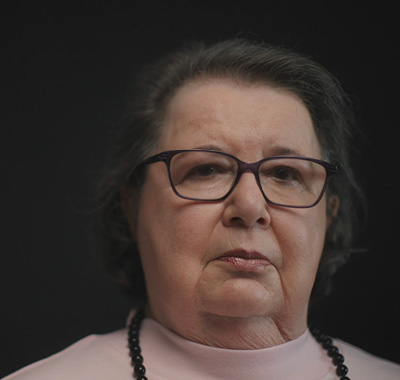
I was born in Poland of March 1940. By the time I was born, Poland was already under Nazi occupation. My father managed to get me and my mother false ID papers, bribing a young man to smuggle us out of the ghetto. My mother and I went to many different towns before making it to Warsaw, where we pretended to be Catholic. I was taught the Lord’s Prayer and recited it every night.
In 1943, the ghetto in the town was liquidated. My father managed to find his way to our apartment but had to hide in our little home. We stayed there until the Warsaw uprising. Hitler ordered the city to be bombed. Soldiers went from house to house, getting the inhabitants out and blowing up the house. This is one of my personal memories – getting out of that house, holding up to my mother. At the entrance was a German soldier with a rifle, and I was just tall enough that my eyes reached his riding boots. For years and years, whenever I saw someone with those boots, I became very upset and scared.
We were marched to a detention camp. For some reason, they decided to let women with small children free. My mother convinced the guard I was only two. My father, who pretended he was sick, also escaped. And we were reunited on the train.
We eventually lived with a farmer, who sheltered us until the liberation. We managed to eventually get passports and told folks we were leaving on vacation. We knew we were never coming back.
I think it’s important to share these stories because it’s the only way we can fight antisemitism. America was supposed to be the country of liberty, the country where everybody was the same, and all of a sudden America is changing. We kept saying ‘never again.’ Well, again, here we go.
Alanna Katzenburg, Third-Generation Holocaust Survivor
My grandparents are both survivors from a small town out in Czechoslovakia called Velka Luka. They were childhood sweethearts and lived down the street from each other. They had an idyllic life growing up until the 1930s when they were about seventeen. He went his way and got shipped off to the Hungarian army and she stayed home. Both were in various camps over a period of years. My grandmother was in Auschwitz and Bergen-Belsen. She was at a few other camps. My grandfather was in several work camps and participated in a death march as well.
Miraculously, they both survived but had lost many family members along the way. When the camps were liberated, my grandparents found each other. My grandfather was there waiting for my grandmother who had just survived typhoid – she had come down with it three days after Bergen-Belsen was liberated and was hospitalized for many months. But as luck would have it, she survived and so did two of her sisters.
Luckily enough, both had family in America. My grandmother had an uncle who lived in Chicago and was able to get them to the country. And that’s where they restarted their life.
Berley Hershkovitz, Second-Generation Holocaust Survivor
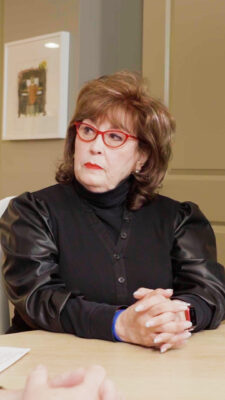
I always knew my parents were survivors because my mother always had horrific nightmares. She would rarely speak about it. My father did because he was the sole survivor of ten. They were both from Poland. They came to the town where my mother lived and took her to a collective farm. That night, my mother and her friends slept on top of a haystack. In the middle of the night, they heard screams. They didn’t move for three days. When they came down, everybody was dead.
So my mother ran from house to house, begging people to take her in. Sometimes they did, sometimes they didn’t.
My father’s story was different. His family knew the Nazis were coming. It was close. He had a friend come to him and say “let’s run.” But he didn’t want to leave his family. His parents said “we can’t tell you what to do. You have to do what’s best for you.” And so he decided to leave. My father never said goodbye to his parents because he just couldn’t. His little brother ran after him as he was leaving and said, “take me with you,” and my father said, “I can’t because I might be going to my death.”
So my father ran to Russia.
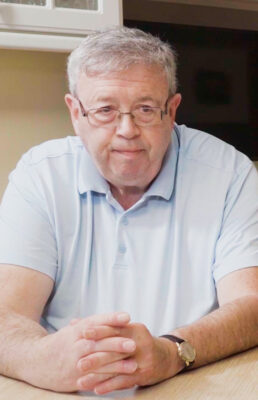
Richard Grilli, Second-Generation Holocaust Survivor
My mother was born in a small village in Czechoslovakia to a single parent. Her father was Hungarian and abandoned her when she was one year old. Her mother was able to get her on a list to Kindertransport.
We had a big family on my mother’s side in Czechoslovakia. But all of them, her mother, sisters, cousins, they all ended up in a concentration camp called Terezin. From there they went to Auschwitz. My mother made it to America in 1947.
My father was born in Turkey but lived in Vienna until 1936. When Hitler was threatening, they moved to Paris where he lived until 1940. My father retreated with the French army and the French government to Bordeaux. At that time, my grandfather had obtained false papers from Persia, and nobody in 1940 was coming to America from Persia. So the quota was small. My father and his family left Bordeaux the day France surrendered and went to England before eventually coming to America. And then, a few years later, my father joined the army to thank America for saving his life and that of his family.
Subscribe to our newsletter
The Associated is a home for everyone in the Baltimore Jewish community. We offer several email lists to help people find a community, engage with their peers and support Jewish journeys around the world.
Join Our Mailing ListAdd Impact to Your Inbox
Sign up for our newsletter
Subscribe to our newsletter
The Associated is a home for everyone in the Baltimore Jewish community. We offer several email lists to help people find a community, engage with their peers and support Jewish journeys around the world.
Join Our Mailing List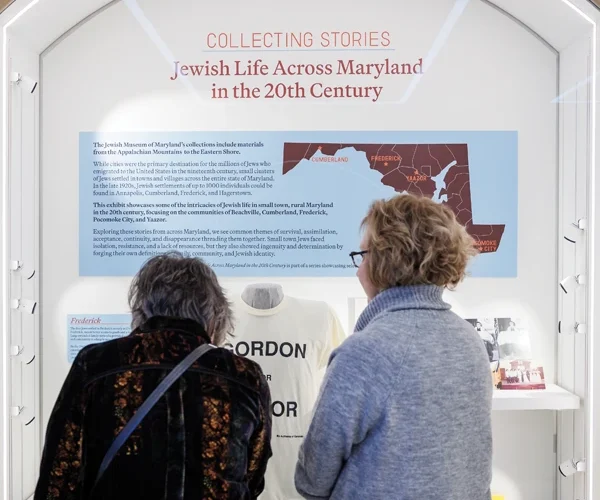
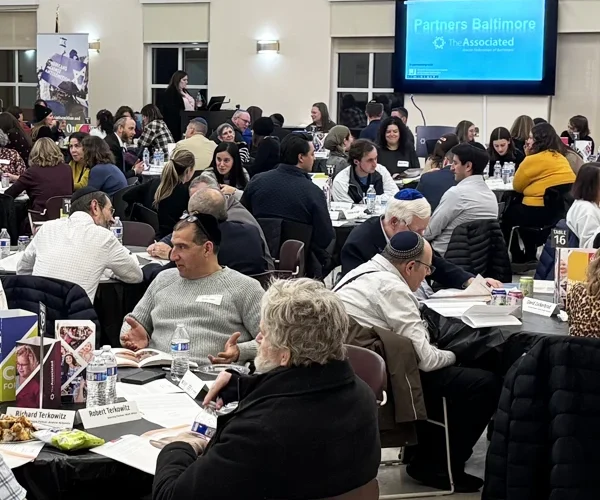
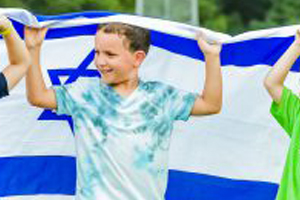
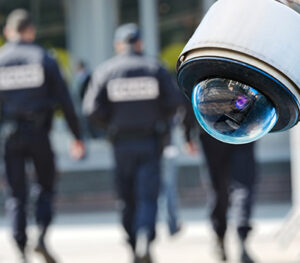
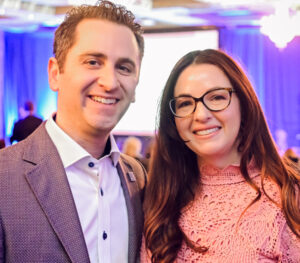
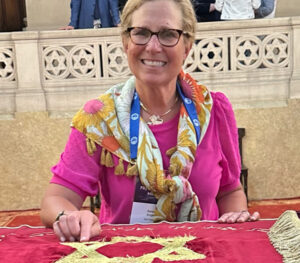
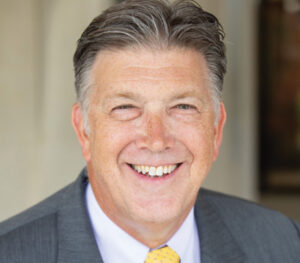
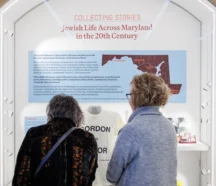
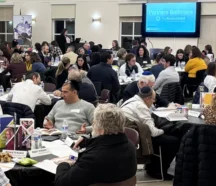
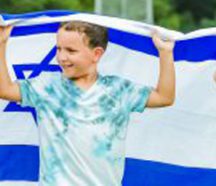
 Please Wait while we loading your video.
Please Wait while we loading your video.